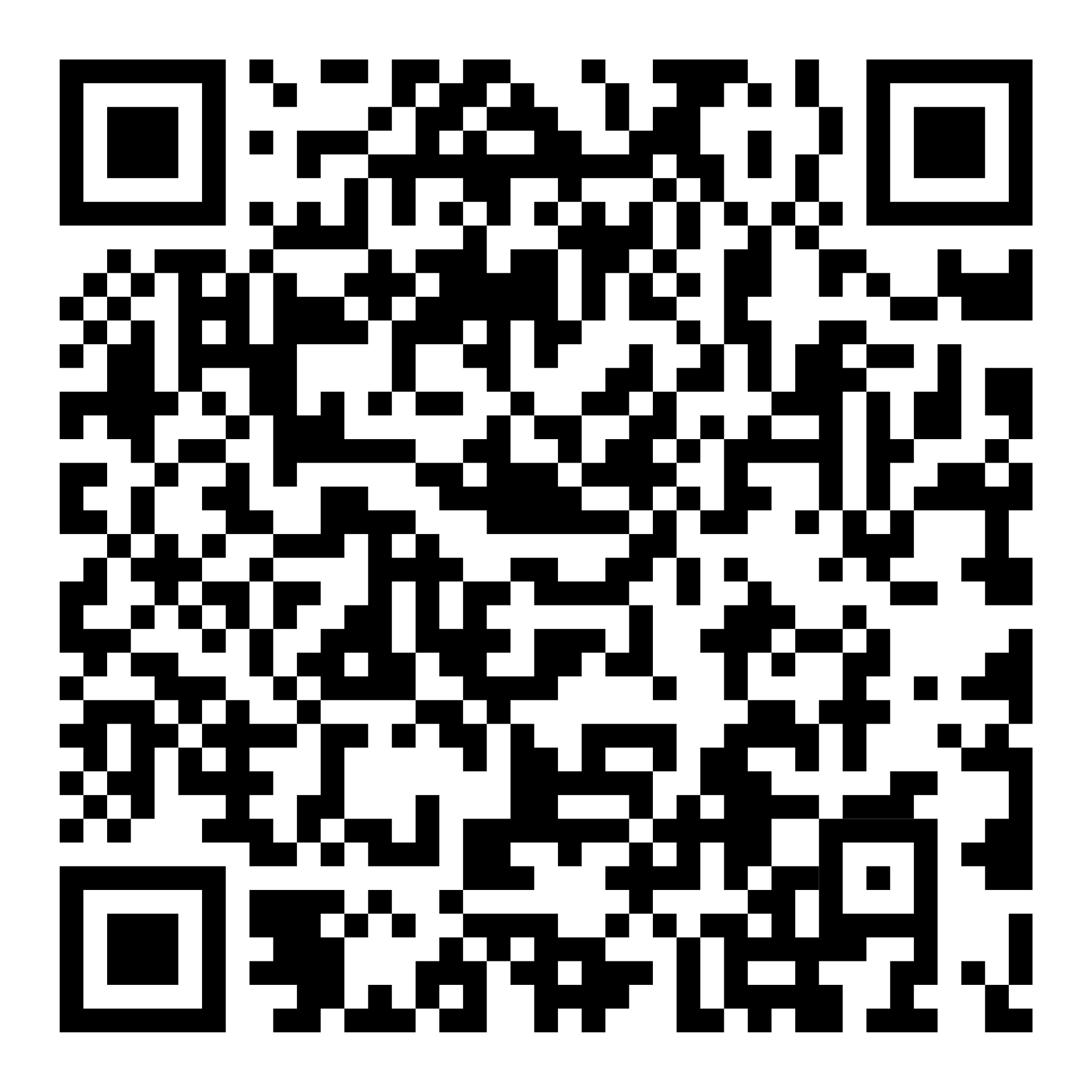| Submit Manuscript |

Authors submit their manuscript through the journal's manuscript management system (e.g., OJS or other platforms). The manuscript must comply with the journal’s formatting guidelines and publication ethics.
The editor performs an initial evaluation to ensure:
The topic aligns with the journal’s scope
Compliance with author guidelines
Early plagiarism detection (using tools such as Turnitin/iThenticate)
Manuscripts that do not meet the criteria may be rejected at this stage (desk rejection).
The Editor-in-Chief assigns a handling editor (associate or section editor) based on subject matter expertise to manage the review process.
The handling editor selects 2–3 independent reviewers with relevant expertise. Reviewers are invited through the system and are given a response deadline (typically 5–7 days).
Reviewers evaluate the manuscript based on criteria such as:
Novelty
Scientific significance
Methodology and analysis
Writing quality and structure
Research ethics and integrity
The review is conducted under a double-blind model (author and reviewer identities are concealed), with a standard review period of 2–4 weeks.
Reviewers provide one of the following recommendations:
Accept without revision
Accept with minor revisions
Major revisions required
Reject
The handling editor or Editor-in-Chief reviews the reviewers' comments and makes an editorial decision based on the feedback. The decision is communicated to the author along with the reviewer reports.
If revisions are required, the author must submit a revised version along with a response to reviewers. The revised manuscript may be sent back to the original reviewers or evaluated directly by the editor, depending on the extent of the revision.
Once revisions are complete and adequately addressed, the editor makes the final decision:
Accept for publication if all concerns are resolved.
Reject if the revisions are insufficient.
Accepted manuscripts enter the production stage:
Language and formatting checks
Layout preparation according to journal template
Galley proof preparation and author approval
The article is published online and made available, with a registered DOI.
| RELAWAN JURNAL INDONESIA |

